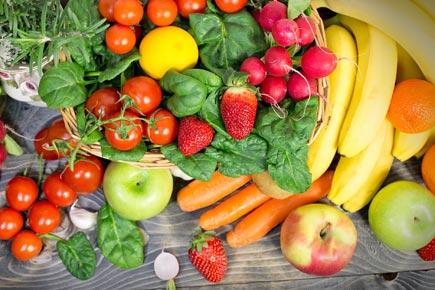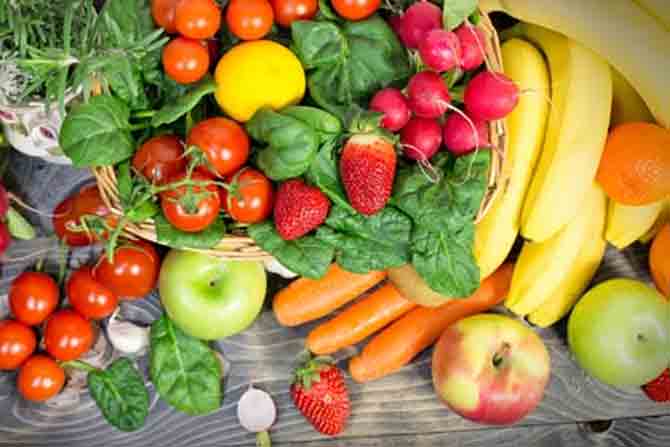Eating potassium-rich foods like sweet potatoes, avocados, spinach, beans, bananas -- and even drinking coffee -- could be key to lowering blood pressure, new research suggests


New York: Eating potassium-rich foods like sweet potatoes, avocados, spinach, beans, bananas -- and even drinking coffee -- could be key to lowering blood pressure, new research suggests.
ADVERTISEMENT
"Decreasing sodium intake is a well-established way to lower blood pressure, but evidence suggests that increasing dietary potassium may have an equally important effect on hypertension," said Alicia McDonough, Professor at the Keck School of Medicine of the University of Southern California (USC).
Hypertension is a global health issue that affects more than one billion people worldwide. The World Health Organization (WHO) estimates that hypertension is responsible for at least 51 per cent of deaths due to stroke and 45 per cent of deaths due to heart disease.
For the study, published in the American Journal of Physiology - Endocrinology and Metabolism, McDonough looked at population, interventional and molecular mechanism studies that investigated the effects of dietary sodium and potassium on hypertension.
The review found several population studies demonstrating that higher dietary potassium (estimated from urinary excretion or dietary recall) was associated with lower blood pressure, regardless of sodium intake.
Interventional studies with potassium supplementation also suggested that potassium provides a direct benefit.
To understand the beneficial effects of potassium on hypertension, McDonough reviewed recent studies in rodent models.
These studies indicated that the body does a balancing act that uses sodium to maintain close control of potassium levels in the blood, which is critical to normal heart, nerve and muscle function.
"When dietary potassium is high, kidneys excrete more salt and water, which increases potassium excretion," McDonough said.
When dietary potassium is low, the balancing act uses sodium retention to hold onto the limited potassium, which is like eating a higher sodium diet, she said.
But how much dietary potassium should we consume?
A 2004 Institute of Medicine report recommends that adults consume at least 4.7 grams of potassium per day to lower blood pressure, blunt the effects of dietary sodium and reduce the risks of kidney stones and bone loss, McDonough said.
 Subscribe today by clicking the link and stay updated with the latest news!" Click here!
Subscribe today by clicking the link and stay updated with the latest news!" Click here!






